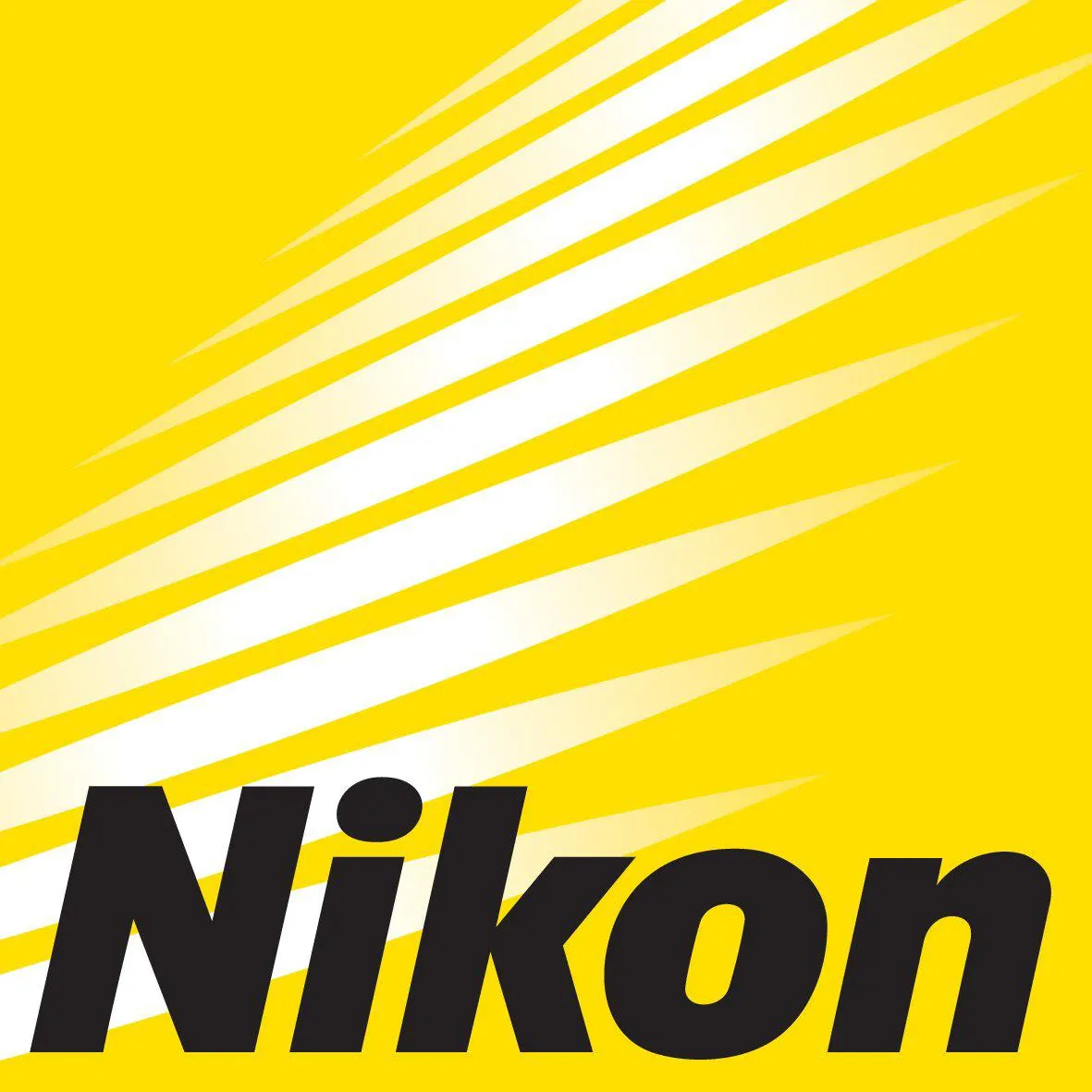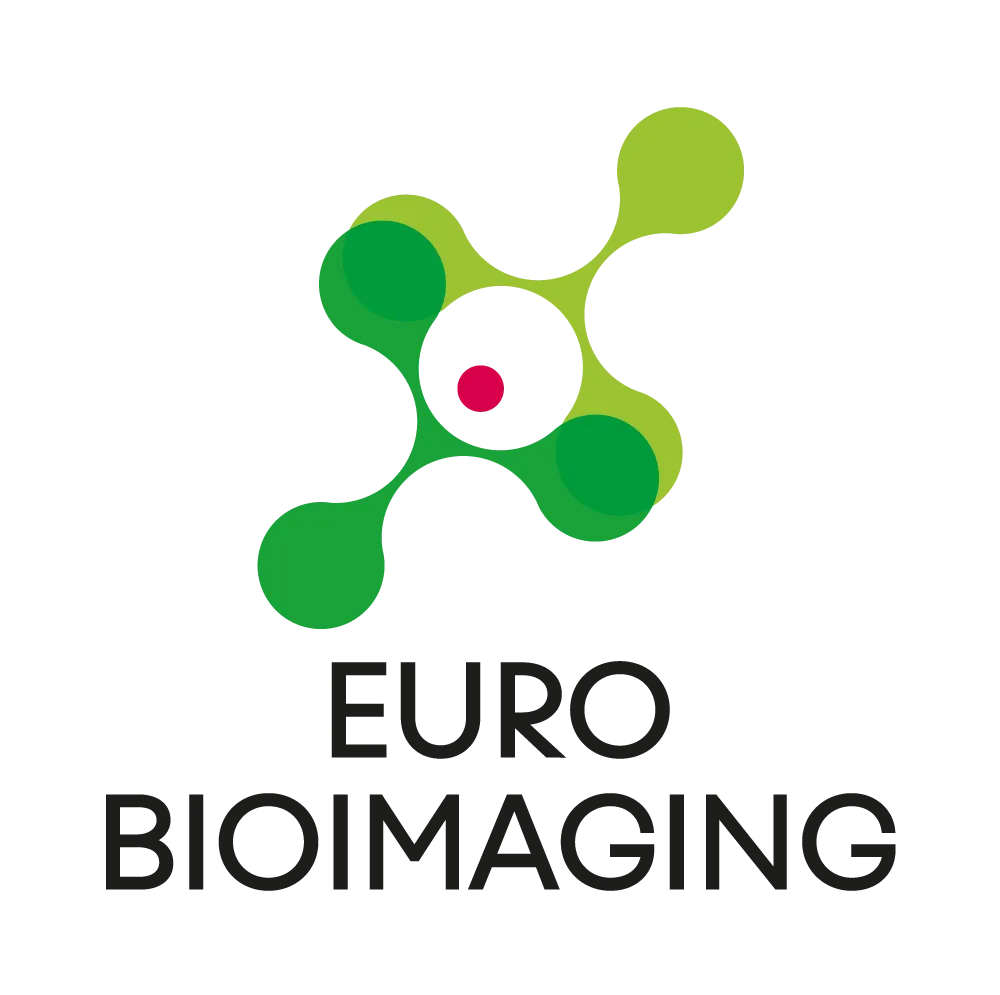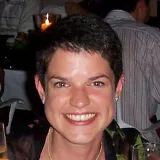The Microscopy Innovation Centre is a Core Facility at King's College London and collaborates with academic and industrial partners to develop and house advanced microscopy instrumentation and analysis tools, offering cutting-edge microscopes to support users in their advanced imaging needs.
Our vision is to be a hub for innovative microscopy, offering a comprehensive suite of advanced imaging techniques and analysis tools to the research community. By working with our research user base and strategic industry partners, we aim to build a world-class facility that delivers unique, non-commercial imaging solutions to drive biomedical discoveries.
Flexible rental space tailored for product demonstrations, company trainings, and technical workshops is also available.
The MIC offers access and support in the use of advanced microscopy techniques to the wider community. Staffed by experienced microscopists, we provide user training and support alongside microscopy development, maintenance, and modifications.
We welcome new collaborations from research, industry, or companies. By offering our expertise, as well as demonstration and development space, we aim to be a hub in central London for innovative microscopy. Our bioImage analysis service, offers expert guidance and seasoned support in quantitative analysis and the development of image processing pipelines.
Facility staff
Affiliated academics
Having the scope to offer both cutting-edge ‘home-built’ microscopes, and innovative commercial systems, the MIC provides access to the latest in advanced microscopy techniques for the wider community. Our equipment is well supported by MIC staff, who perform ‘in-house’ maintenance and modifications, as well as user training and support.
Related equipment

Janelia Lattice Light Sheet Microscope
Capturing rapid 3D imaging of live cells with multiple channels and low phototoxicity

STELLARIS 8 FALCON FLIM
The STELLARIS 8 FALCON (FAst Lifetime CONtrast) is our easy-to-use microscope optimised for Fluorescence Lifetime IMaging (FLIM).

Nikon AX / Abbelight SAFe MN360
Confocal imaging with a resonant scanner combined with the capability for 2D and 3D Single Molecule Localisation Imaging in EPI, HILO and TIRF mode.
We work with research leaders to secure funding and new equipment. This has included partnering with Prof. Simon Ameer-Beg to house the ‘discoSPIM’ (Prof. Maddy Parsons, Wellcome Leap, 2021), and with Dr. Susan Cox to build our Janelia Lattice Light sheet (BBSRC Alert, 2018).
We perform our own experiments, and develop tools with researchers and industrial partners. In 2021 we received funding from the Royal Microscopy Society’s to interact with industrial partners (Nano Clinical, Nikon) on two short projects to develop novel microscopy approaches.

Business Interaction Voucher | Royal Microscopy Society (RMS)
In 2022 the MIC received two vouchers from the RMS to enable artifact free high speed 3D localisation microscopy (Dr Susan Cox, Nikon), and to further develop Fluorescence Lifetime Resolved Single Molecule Localisation Microscopy (Prof Simon Ameer-Beg, Nano Clinical).

Contributions to peer-reviewed research articles | Microscope development and user excellence
The MIC supported the build and development for the following research:
2024
Balukova, A. et al. (2024) ‘Cellular Imaging and Time-Domain FLIM Studies of Meso-Tetraphenylporphine Disulfonate as a Photosensitising Agent in 2D and 3D Models’, International Journal of Molecular Sciences, 25(8), p. 4222. Available at: https://doi.org/10.3390/ijms25084222.
Cimini, B.A. et al. (2024) ‘The crucial role of bioimage analysts in scientific research and publication’, Journal of Cell Science, 137(20), p. jcs262322. Available at: https://doi.org/10.1242/jcs.262322.
Phillips, T.A. et al. (2024) ‘Imaging actin organisation and dynamics in 3D’, Journal of Cell Science, 137(2), p. jcs261389. Available at: https://doi.org/10.1242/jcs.261389.
Sivagurunathan, S. et al. (2024) ‘Bridging imaging users to imaging analysis – A community survey’, Journal of Microscopy, 296(3), pp. 199–213. Available at: https://doi.org/10.1111/jmi.13229.
The MIC offers access and support in the use of advanced microscopy techniques to the wider community. Staffed by experienced microscopists, we provide user training and support alongside microscopy development, maintenance, and modifications.
We welcome new collaborations from research, industry, or companies. By offering our expertise, as well as demonstration and development space, we aim to be a hub in central London for innovative microscopy. Our bioImage analysis service, offers expert guidance and seasoned support in quantitative analysis and the development of image processing pipelines.
Facility staff
Affiliated academics
Having the scope to offer both cutting-edge ‘home-built’ microscopes, and innovative commercial systems, the MIC provides access to the latest in advanced microscopy techniques for the wider community. Our equipment is well supported by MIC staff, who perform ‘in-house’ maintenance and modifications, as well as user training and support.
Related equipment

Janelia Lattice Light Sheet Microscope
Capturing rapid 3D imaging of live cells with multiple channels and low phototoxicity

STELLARIS 8 FALCON FLIM
The STELLARIS 8 FALCON (FAst Lifetime CONtrast) is our easy-to-use microscope optimised for Fluorescence Lifetime IMaging (FLIM).

Nikon AX / Abbelight SAFe MN360
Confocal imaging with a resonant scanner combined with the capability for 2D and 3D Single Molecule Localisation Imaging in EPI, HILO and TIRF mode.
We work with research leaders to secure funding and new equipment. This has included partnering with Prof. Simon Ameer-Beg to house the ‘discoSPIM’ (Prof. Maddy Parsons, Wellcome Leap, 2021), and with Dr. Susan Cox to build our Janelia Lattice Light sheet (BBSRC Alert, 2018).
We perform our own experiments, and develop tools with researchers and industrial partners. In 2021 we received funding from the Royal Microscopy Society’s to interact with industrial partners (Nano Clinical, Nikon) on two short projects to develop novel microscopy approaches.

Business Interaction Voucher | Royal Microscopy Society (RMS)
In 2022 the MIC received two vouchers from the RMS to enable artifact free high speed 3D localisation microscopy (Dr Susan Cox, Nikon), and to further develop Fluorescence Lifetime Resolved Single Molecule Localisation Microscopy (Prof Simon Ameer-Beg, Nano Clinical).

Contributions to peer-reviewed research articles | Microscope development and user excellence
The MIC supported the build and development for the following research:
2024
Balukova, A. et al. (2024) ‘Cellular Imaging and Time-Domain FLIM Studies of Meso-Tetraphenylporphine Disulfonate as a Photosensitising Agent in 2D and 3D Models’, International Journal of Molecular Sciences, 25(8), p. 4222. Available at: https://doi.org/10.3390/ijms25084222.
Cimini, B.A. et al. (2024) ‘The crucial role of bioimage analysts in scientific research and publication’, Journal of Cell Science, 137(20), p. jcs262322. Available at: https://doi.org/10.1242/jcs.262322.
Phillips, T.A. et al. (2024) ‘Imaging actin organisation and dynamics in 3D’, Journal of Cell Science, 137(2), p. jcs261389. Available at: https://doi.org/10.1242/jcs.261389.
Sivagurunathan, S. et al. (2024) ‘Bridging imaging users to imaging analysis – A community survey’, Journal of Microscopy, 296(3), pp. 199–213. Available at: https://doi.org/10.1111/jmi.13229.
Partners

Nikon

Euro BioImaging

Nano Clinical
Contact us
3rd Floor, Hodgkin Building Guys Campus King’s College London London, SE1 1UL








